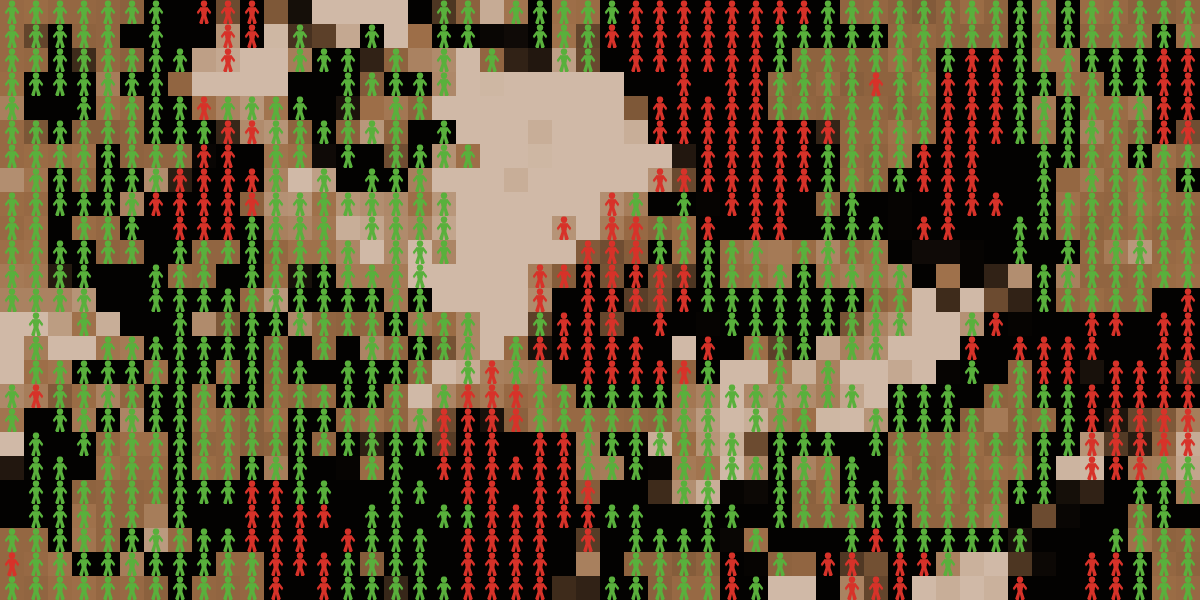
NetLogo: Evolution of resource use through behavior imitation
This model adds cultural evolutionary dynamics through behavior imitation to the evolution of resource use behavior.
This NetLogo model builds on the model of Two Foresters. In this model, agents reproduce based on the amount of resources that they harvest. Thus, this model can be used to introduce basic concepts in evolutionary biology and ecology.
It is a model of a simple social-ecological system consisting of various numbers of individuals and a regrowing resource (trees). The individuals are of two types – modest (green) or greedy (red) and they harvest from the trees at a certain rate depending on their type. Agents produce offspring that inherit their type/harvest rate. A “mutation rate” changes the probability with which offspring change their type/harvest rate. A parameter “living costs” determines the harvested units that agents lose in each iteration.
Students observe how the agent population and resource change over time as influenced by the parameters of harvest level, living costs, mutation rate, resource regrowth rate and carrying capacity.
The model simulations and concepts can be discussed with the whole class, or alternatively, students work individually or in groups using a worksheet.
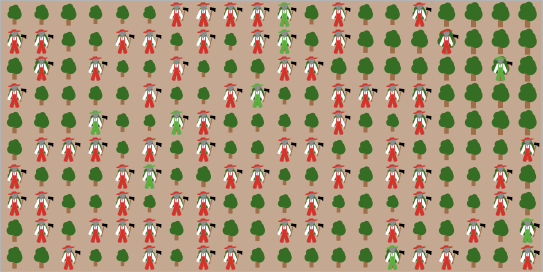

This model adds cultural evolutionary dynamics through behavior imitation to the evolution of resource use behavior.
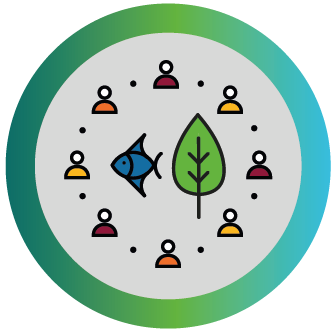
In a classroom simulation game with changing conditions students develop strategies for the use of a common resource so that the profit for the entire group is maximized.
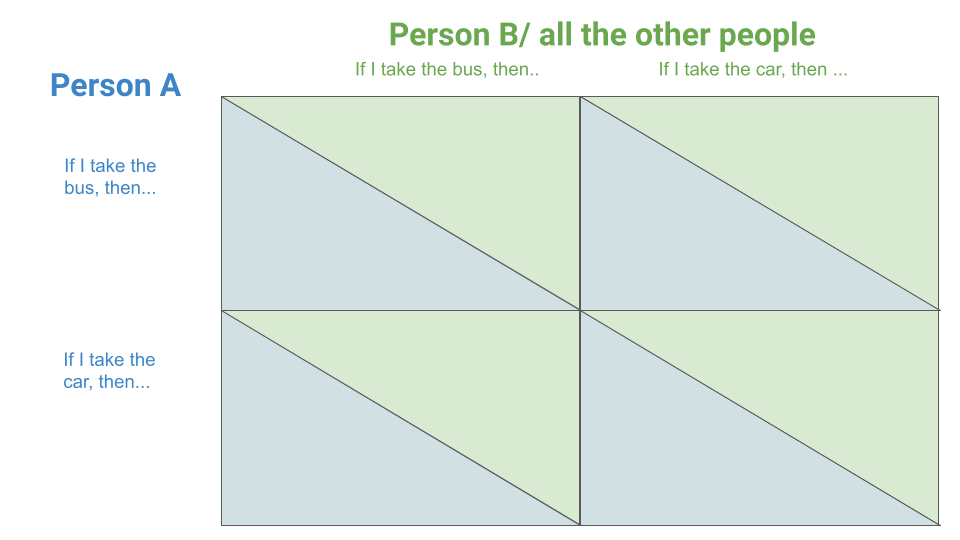
Students reflect on the causes and consequences of human behaviors in situations of social interactions, and are introduced to the payoff matrix as a helpful tool to represent motivations and outcomes of behaviors.
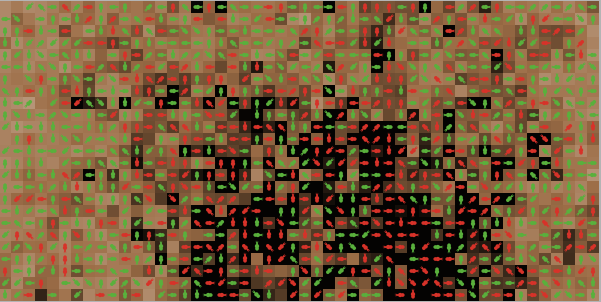
This NetLogo model lets students explore how competition for resources can affect the evolution of a population and can result in resource overuse. This model is similar to the Evolution and competition for forest resources model, but more abstract.

An interactive introduction into concepts of ecology, behavioral ecology, and sustainability with a computer simulation of a simple social-ecological system.
OpenEvo is an educational innovation project from the Department of Comparative Cultural Psychology at the Max Planck Institute for Evolutionary Anthropology.
Evolve the future of education with us!